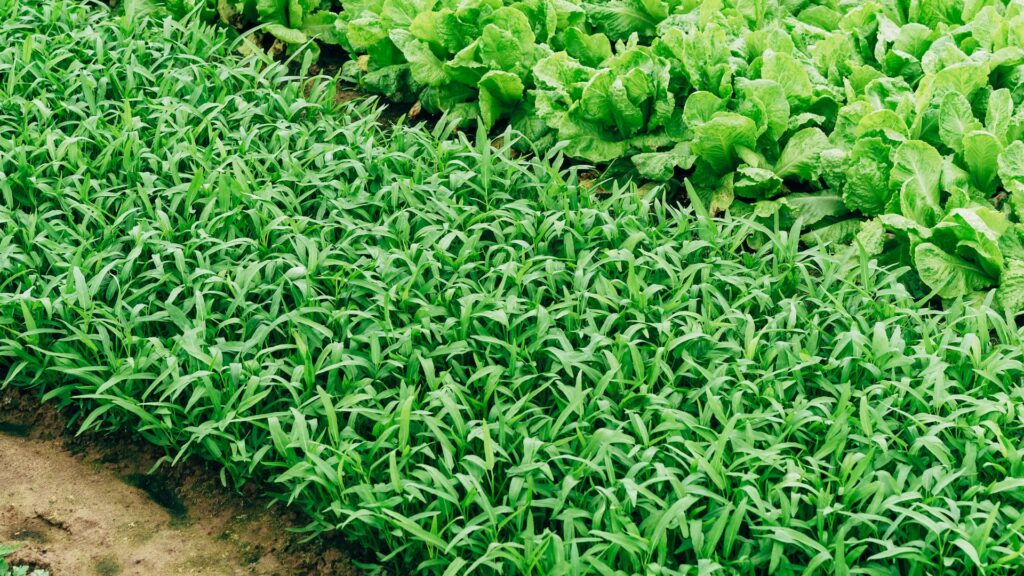In recent years, there has been a growing concern about the negative impacts of conventional farming practices on our environment and health. This has led to an increased interest in organic farming, a sustainable approach to agriculture that prioritizes the use of natural inputs and techniques. In this blog post, we will explore the benefits of organic farming and why it plays a crucial role in ensuring sustainable food for future generations.
1. Environmental Conservation:
One of the key advantages of organic farming is its focus on environmental sustainability. Organic farmers prioritize the use of natural fertilizers, such as compost and manure, instead of synthetic chemicals that can contaminate soil and water sources. By avoiding the use of chemical pesticides and herbicides, organic farming helps to protect beneficial insects and pollinators, promoting biodiversity. Moreover, organic farming practices also contribute to soil conservation and reduce greenhouse gas emissions, making it a more environmentally friendly choice.
2. Healthier Food:
Opting for organic food means choosing products that are free from synthetic chemicals such as pesticides, hormones, and antibiotics. Numerous studies have shown that organic fruits, vegetables, and meats have higher nutrient content when compared to their conventionally grown counterparts. Additionally, organic farming practices avoid genetically modified organisms (GMOs), which provides consumers with a healthier and more natural food option.
3. Soil Health:
Conventional farming often involves intensive tilling of the soil, which disrupts its natural structure and leads to soil erosion. Organic farming, on the other hand, adopts practices such as crop rotation, cover cropping, and mulching, which help to maintain soil fertility and structure. These methods promote the growth of beneficial microorganisms, enhance water retention capacity, and reduce soil erosion, ensuring the long-term health and productivity of the land.
4. Long-Term Sustainability:
By prioritizing practices that conserve natural resources and promote biodiversity, organic farming ensures that agricultural systems can thrive for generations to come. Organic farmers strive to create a balance between human needs and the health of the ecosystem, minimizing the negative impacts associated with conventional agriculture. This approach not only benefits the present generation but also guarantees a sustainable food supply for future generations.
In conclusion, organic farming offers a multitude of benefits that contribute to a more sustainable and environmentally friendly food system. By prioritizing environmental conservation, producing healthier food, promoting soil health, and ensuring long-term sustainability, organic farming is a vital solution to the challenges faced by conventional agriculture. By choosing organic products, consumers can actively support these practices and pave the way for a healthier and more sustainable future.

